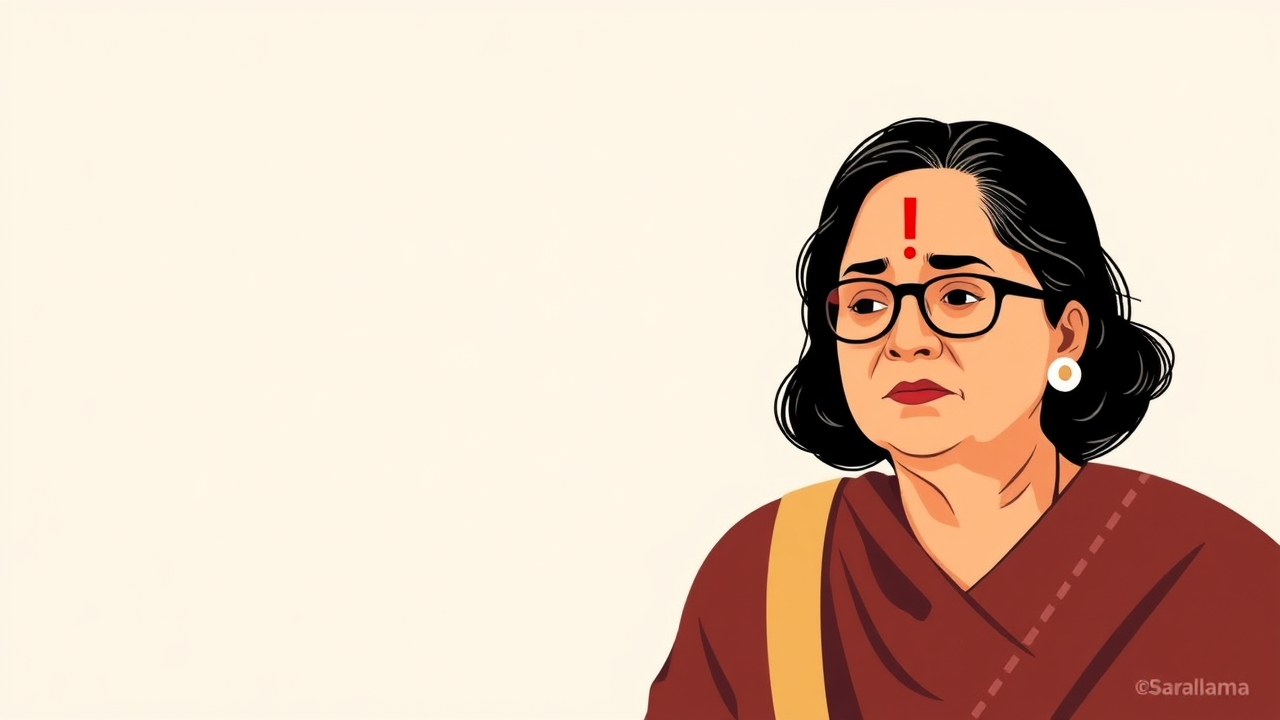Justice Ranjana Prakash Desai, a 76-year-old retired Supreme Court judge, has been appointed as chairperson of the Eighth Central Pay Commission. This panel will recommend salary and benefit revisions for approximately 50 lakh Central government employees, including defence personnel, and around 69 lakh pensioners. The commission must submit its findings within 18 months. Since her retirement from the Supreme Court in October 2014, Justice Desai has handled numerous high-profile government assignments. Her portfolio includes chairing the Appellate Tribunal for Electricity, heading the Advance Ruling Authority for Income Tax, and leading the Lokpal Search Committee since 2018. She also chaired the politically sensitive Delimitation Commission for Jammu and Kashmir in 2020, which finalized its report in May 2022 after multiple extensions. Additionally, she headed expert committees examining the Uniform Civil Code for Uttarakhand in 2022 and Gujarat earlier this year. Born in Mumbai, Justice Desai began her legal career in 1973 and was elevated to the Bombay High Court in 1996. She joined the Supreme Court in September 2011 and delivered several landmark judgments before retiring. Her proven track record in complex legal and administrative matters explains the government's continued reliance on her expertise.

Career and Early Legal Work
Justice Desai was born in Mumbai and studied law at Elphinstone College and Government Law College. She began practicing in 1973, working in the chambers of Justice S C Pratap and alongside her father, criminal lawyer S G Samant. In 1979, she became a Government Pleader on the Appellate Side of the Bombay High Court. Her steady rise continued when she was appointed Special Public Prosecutor for preventive detention matters in 1986 and Chief Government Pleader in 1995. Her judicial career began on April 15, 1996, when she became a judge of the Bombay High Court. She is best remembered for confirming the death sentence for Ajmal Kasab, the lone surviving terrorist from the Mumbai attacks, calling it a rarest of rare case.
Supreme Court Tenure and Notable Judgments
Elevated to the Supreme Court in September 2011 under the Congress-led government, Justice Desai served for three years before retiring in October 2014. During this period, she participated in several landmark verdicts. In 2013, a Bench including her upheld the voter's right to reject all candidates, establishing the NOTA option on electronic voting machines. The same year, she was part of a Constitution Bench that made registering an FIR mandatory upon receiving complaints about cognisable offences, strengthening police accountability. Justice Desai also sat on the Bench that rejected pharmaceutical company Novartis's patent claim for cancer drug Glivec, a decision that made life-saving generic medicines more accessible to patients across India.
Post-Retirement Assignments and Working Style
After retirement, Justice Desai chaired the Appellate Tribunal for Electricity from 2014 to 2017, then headed the Advance Ruling Authority for Income Tax. She has led the Lokpal Search Committee since 2018. In 2020, she chaired the Jammu and Kashmir Delimitation Commission, submitting its final report in May 2022 after extensions. She headed the Uttarakhand Uniform Civil Code committee in 2022, whose findings influenced the state's UCC implementation in February 2024. She was appointed Press Council of India Chairperson in 2022 and continues serving. Colleagues describe her as meticulous, consultative, and hardworking. She facilitates consensus, listens to all members, and provides incisive analysis on complex issues, making her the government's preferred choice for sensitive assignments.
Source: Link
